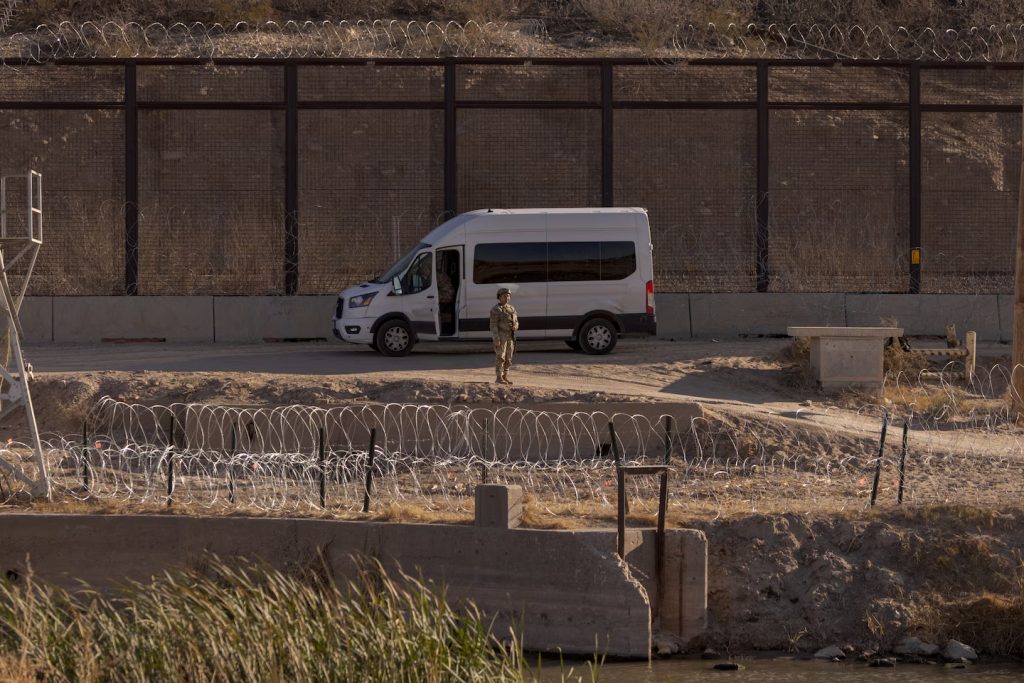The U.S. Supreme Court has agreed to hear a major case that could change when a migrant is legally considered to have “arrived” in the United States. This new review will decide if migrants stopped by officials before crossing the border still have the right to request asylum.
The case began after the Trump administration asked the Court to overturn a ruling from the U.S. Court of Appeals for the Ninth Circuit. That court said migrants who are turned back on the Mexico side of the border should still be allowed to apply for asylum and be screened for entry. Government lawyers argued that this ruling takes away an important tool used to control large numbers of people arriving at the border.
In 2022, a federal judge in California ruled that migrants blocked from entering the country were unlawfully denied their chance to ask for asylum. When the government appealed, a divided panel of the Ninth Circuit agreed with that ruling, setting the stage for the Supreme Court to step in.
This case focuses on a border practice known as “metering.” It allowed U.S. officials to stop migrants without proper documents before they stepped onto U.S. soil. The policy was first used in 2016 under the Obama administration due to a rise in Haitian migrants at the San Ysidro entry point. It became formal policy under the Trump administration in 2018, but the Biden administration ended it in 2021.
Human rights lawyers argue that metering violates the rights of asylum seekers. They said many families, children, and individuals fleeing violence were trapped in dangerous areas of Mexico, where they faced serious risks, including assault, kidnapping, and even death. They expressed hope that the Supreme Court will recognize these harms when reviewing the case.
The solicitor general’s office, which represents the government before the Court, did not comment on the case. But the outcome will have a major impact on how the United States handles migrants arriving at its borders and whether people stopped just outside the country can still seek protection under U.S. asylum laws.

